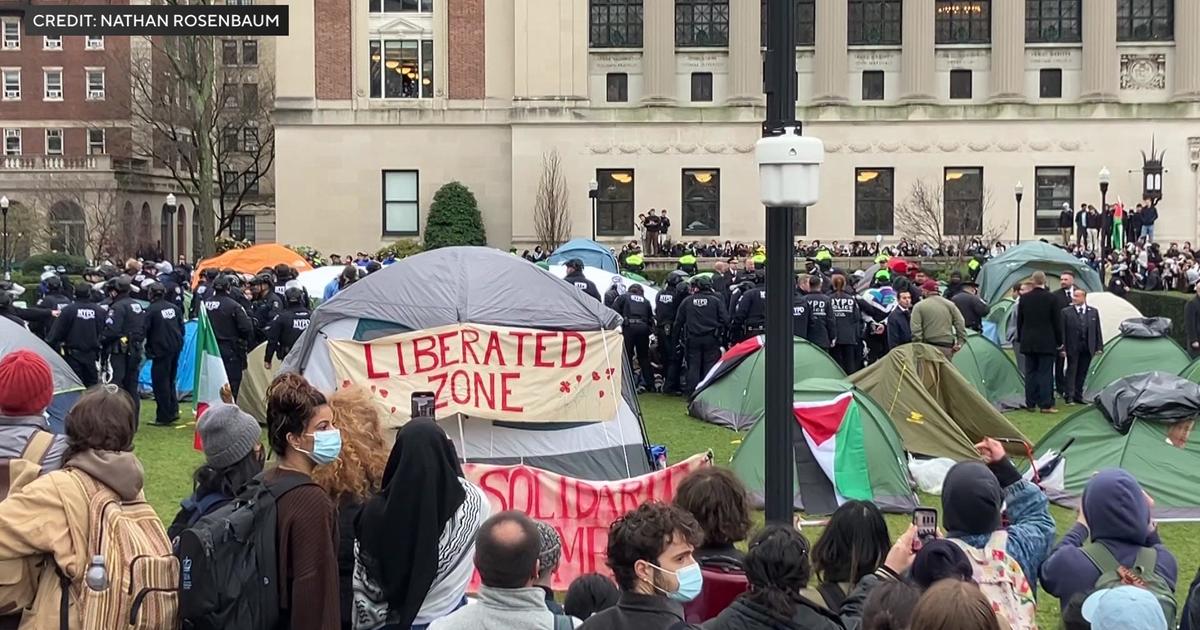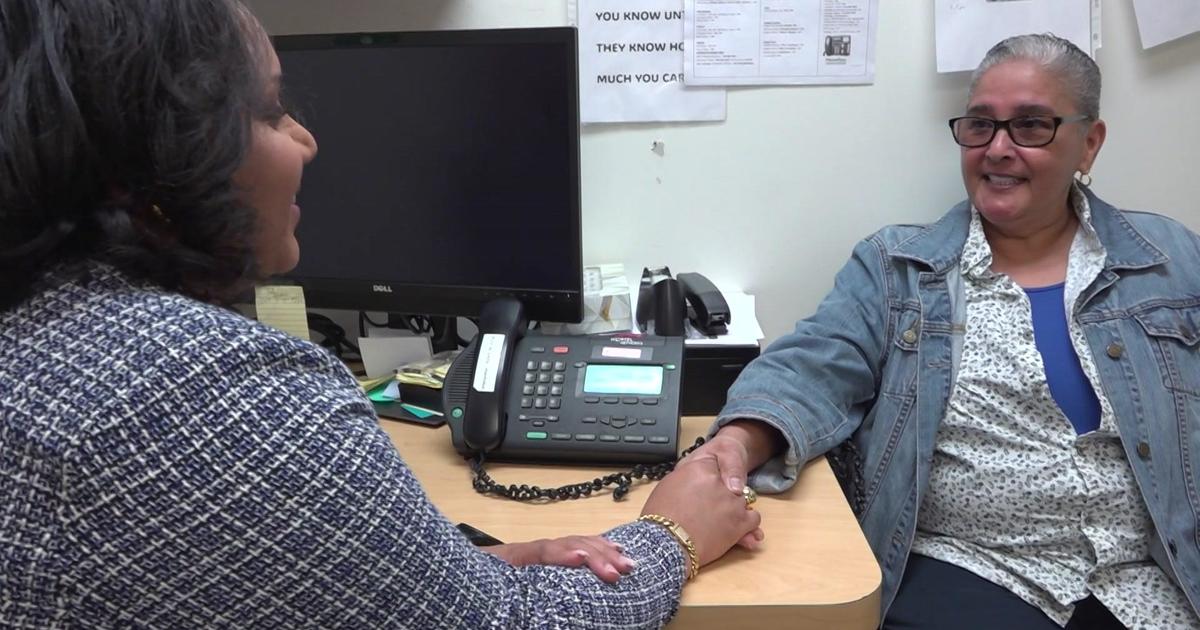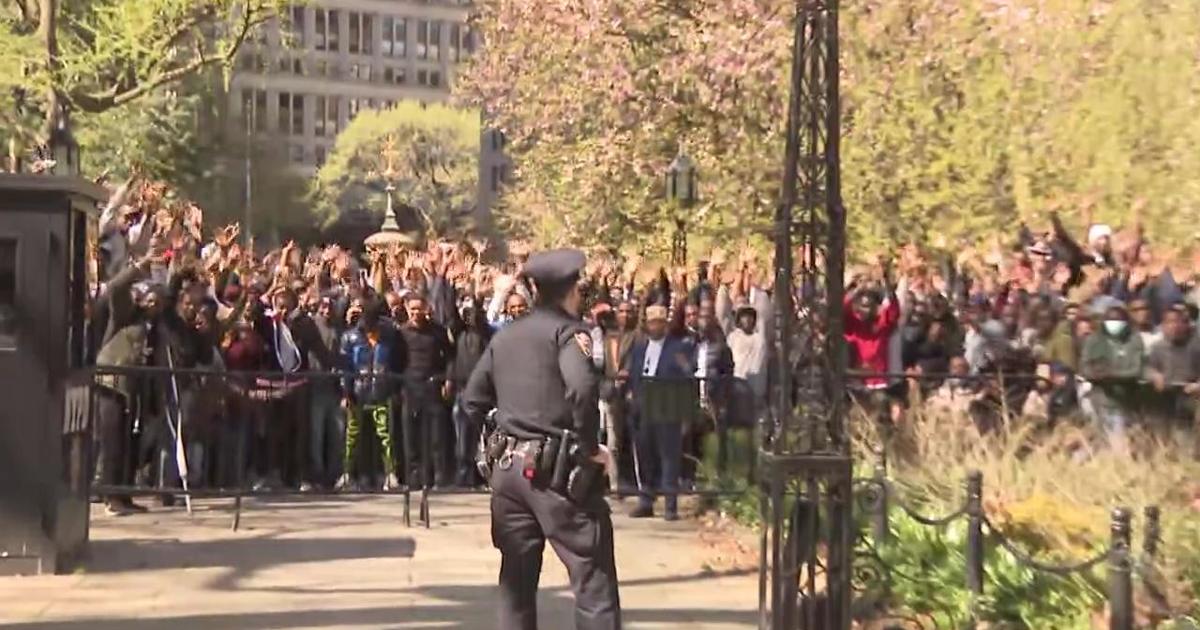Study: Picking News Sources By Politics Hurts Democracy
NEW YORK (CBSNewYork) -- A new study from University of Buffalo researchers found that tailored social feeds and websites could be driving Americans apart.
Facebook, Google News, Twitter and others customize their sites for users, pushing articles and other material they might like to the top of users' timelines.
While that might make things convenient by preventing information overload, researchers say that it can also feed personal bias. Researchers call the resulting information diet "political selective exposure," where liberals only see liberal views and conservatives read conservative views.
The study found the effect was most pronounced on ideologically moderate individuals.
"Unfortunately, these popular information technologies can unintentionally hurt our democracy, the increasingly popular personalization tools are likely to lead to a situation where we are surrounded by like-minded information," said study author Ivan Dylko, an assistant professor with the University at Buffalo. "That creates skewed perception of reality, incorrect beliefs, extreme attitudes and suboptimal political behavior."
Customizing information may split people into separate camps of Internet pessimists and Internet optimists, each arguing whether this technology hurts or helps democracy, said Dylko.
"System-driven customizability, termed a 'filter bubble' by political activist and Internet entrepreneur Eli Pariser, is particularly troubling because substantial content is filtered out by the information system without users ever realizing this is happening," he said "The ease of reducing exposure to challenging opinions and automation of such filtering is what's new and important about selective exposure today."



